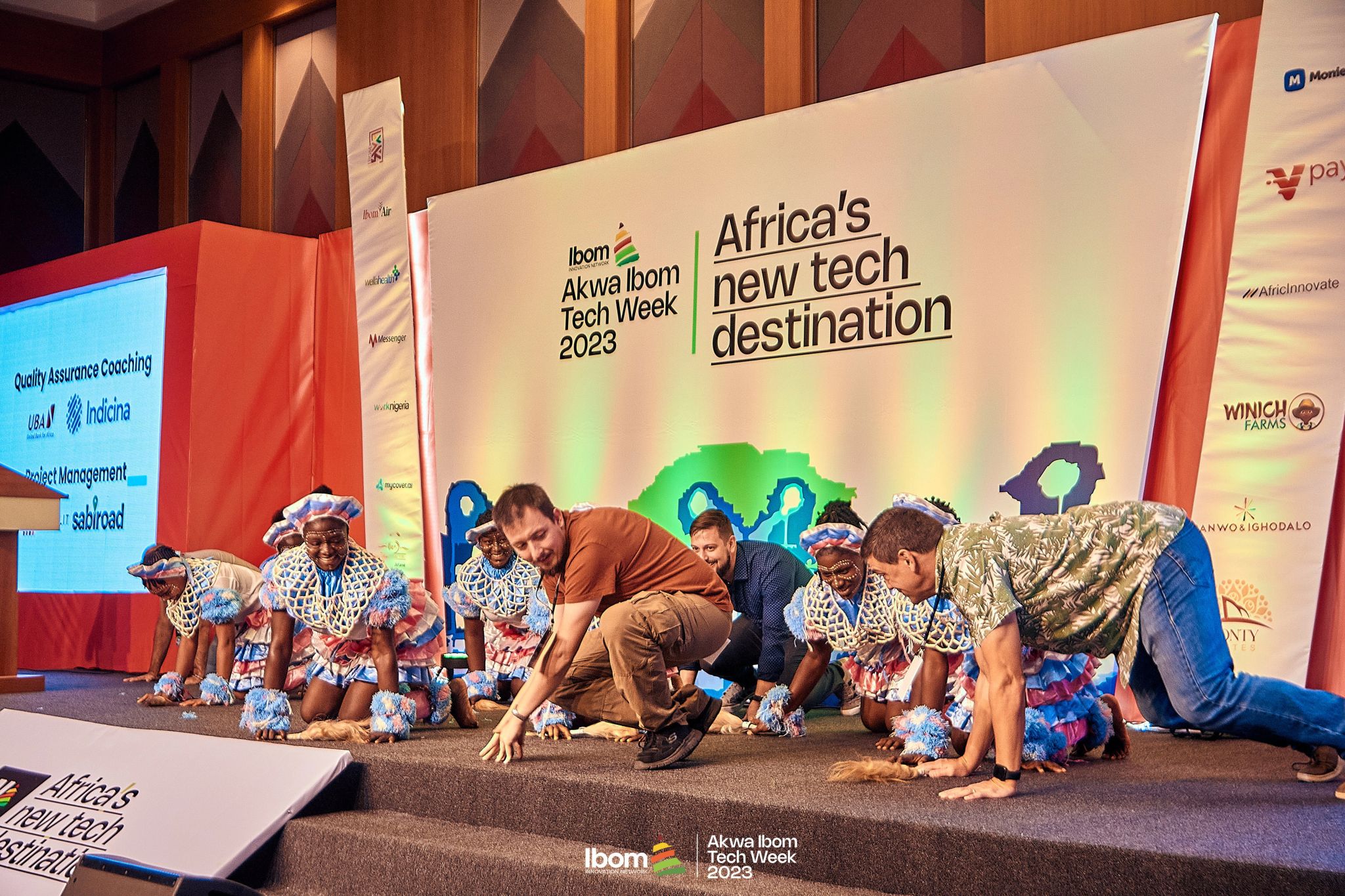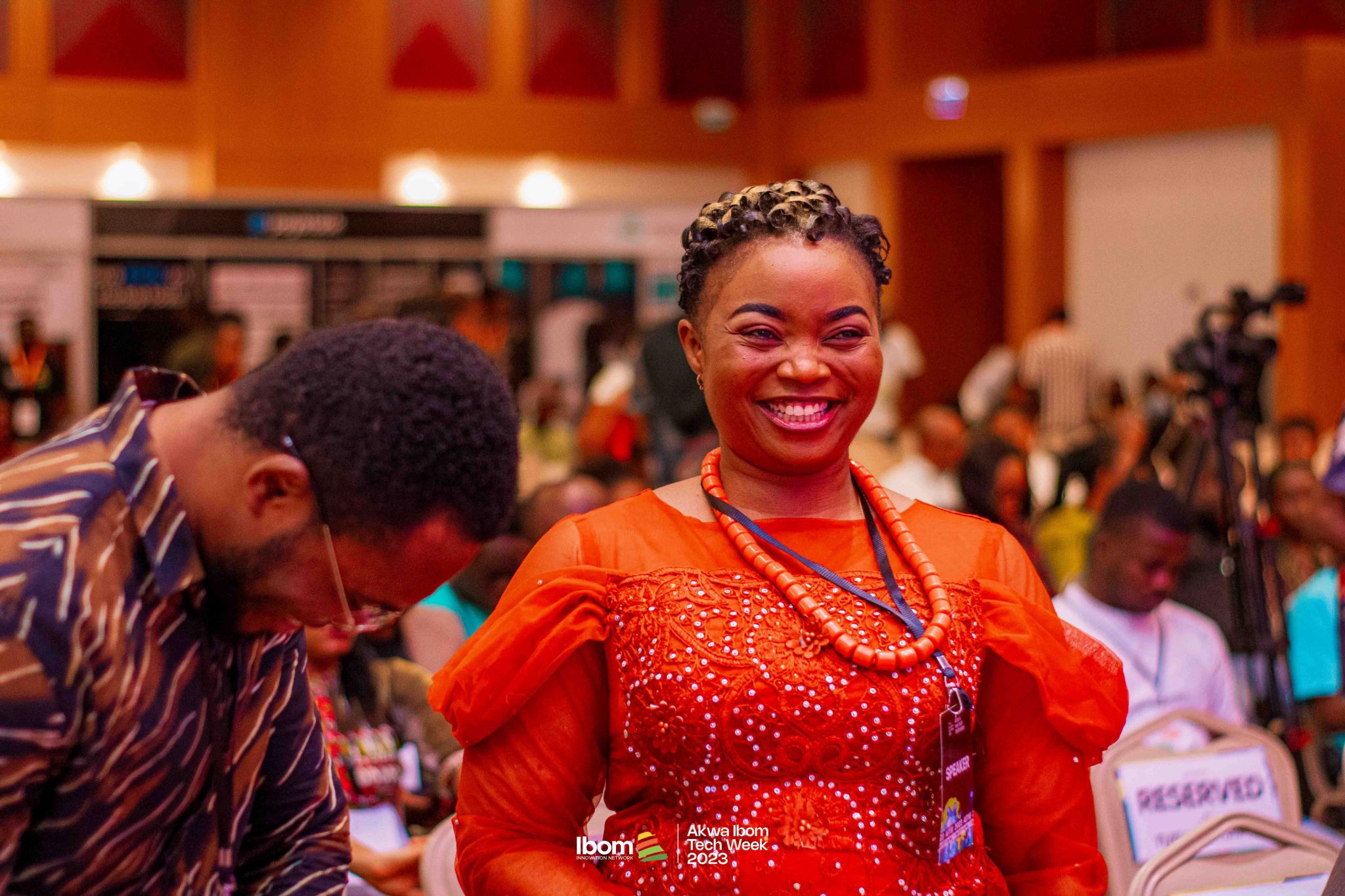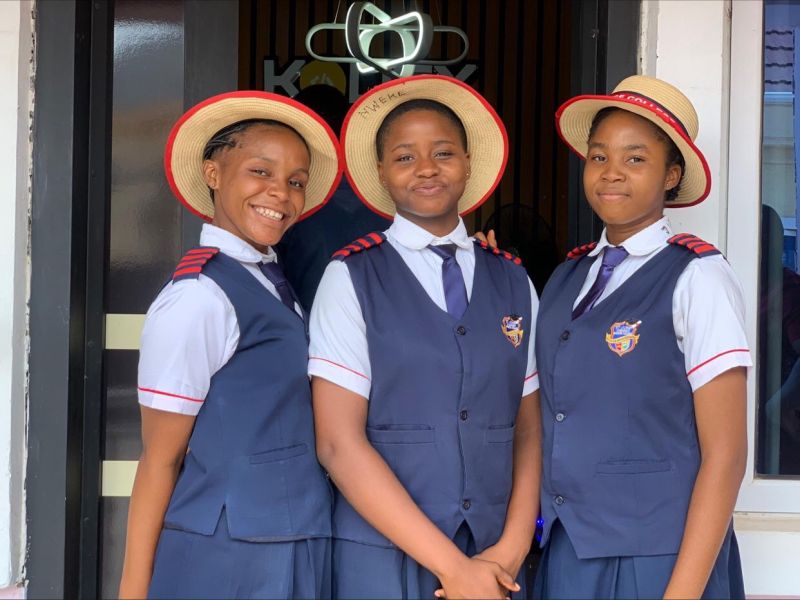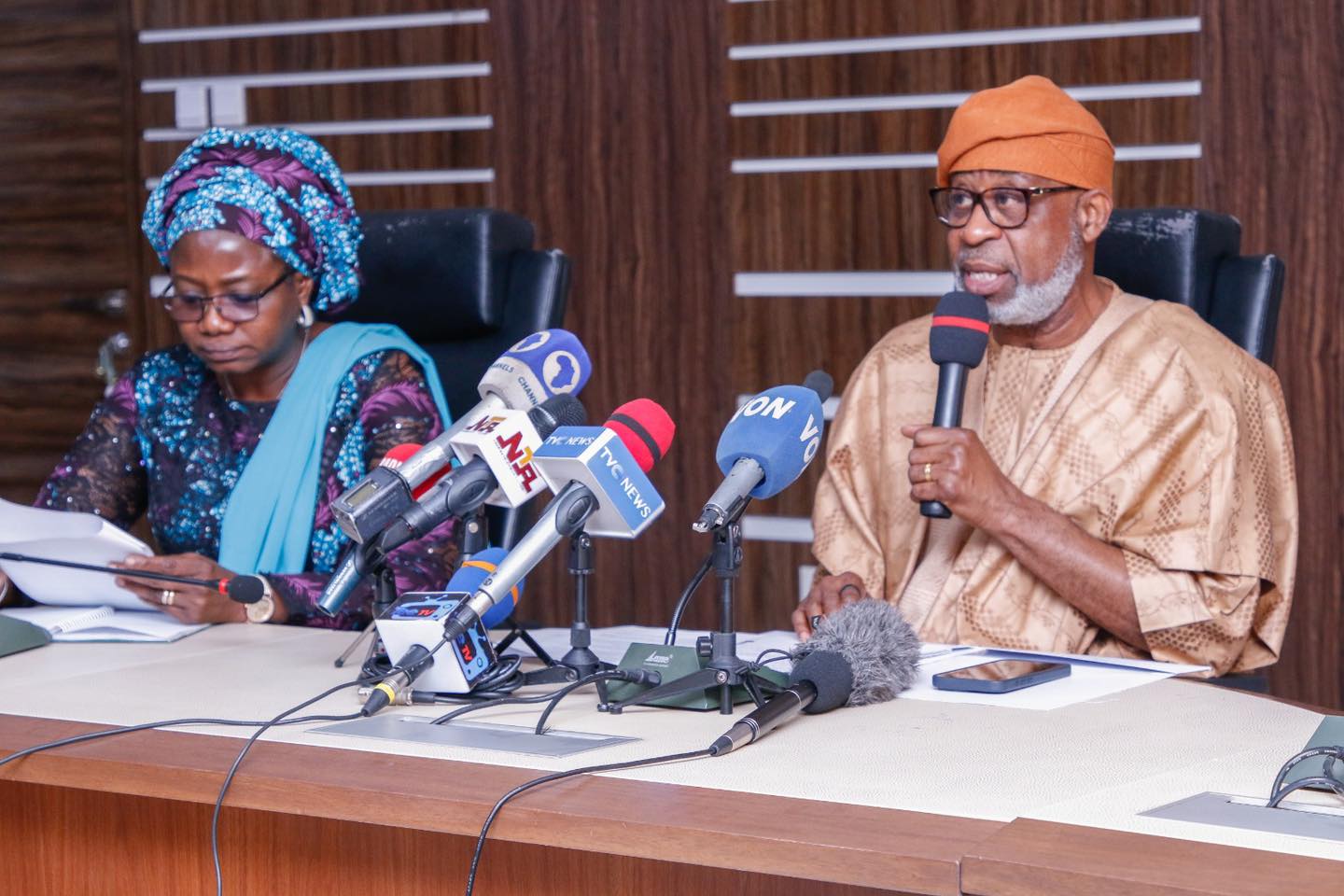Anioma didn’t migrate from Benin. If you tell me there are some pockets of anioma that migrated from Benin I may agree but if you tell me that the entire Anioma migrated from Benin that I will disagree with you. Moreover those that migrated from Benin are very little and if we reason logically, these few Bini migrants of Anioma claiming to have found a town and yet lose its language is simply a hoax. That can only happen when there is already a large settlement of a particular group in Anioma which is Igbo. No Igbo man (Anioma) speaks Bini language unless it’s learnt and no traditional ruler in Anioma goes by the title Oba but Obi or Eze. Even Agbor people with its proximity are not wholly migrants from Benin as Pa Iduwe wrote on the history of Ika people.
Ichi Mmor which is prevalent does not exist in Benin. Nobody has said Ezechime did not migrate from Benin, but his origin was definitely not Benin. There are copies of the narratives of Obi Chukwumalieze of Onicha Ugbo in that regard. How can Eze Chime with Igbo names, traditions and customs migrate from Bini? This is a fallacy of the highest order. He sojourned into Bini and made his way back after encountering trouble, simple. I can understand that some Aniomas, a very small number, are of different cognates while a very huge percentage of Aniomas have Igbo progenitors. This explains why the choice of the Igbo word Anioma (good land) or Igbo language is made. In all of the Anioma towns and villages, Igbo language is predominantly spoken with different accents. The name is a very pure Igbo name or better still a typical Igbo word with the same meaning all across Igbo nation. My conclusion: If they agree to be Anioma, why can’t they agree to be Igbo? Aniomas are Igbos, by ancestry or by evolution.
One fallacy we often here is that we were always under the Oba of Benin until the British punitive expedition of 1897. From all available documents, the power of Benin had long collapsed in Anioma land. In fact, from available documents, it was difficult for Benin and their Oba to impose tributes on Anioma towns. This was documented in N.W Thomas, 1913. The American anthropologist in his Igbo speaking people of Asaba hinterland, noted from observation that Anioma people were not paying homage to the Oba and that the people usually sent from Benin to come such tributes had stopped since the 1840s. In fact, he noted that this probably stopped following the defeat of the Benin army by the Ishan confederacy that had imposed their choice as the Oba of Benin. The collapsing power of Benin was firstly reflected in the Adesuwa wars between 1750-55, when the Ubulus, supported by virtually all Anioma towns put up a strong defense including Obior. Another evidence of weak Benin influence in Anioma land comes from the Ekumeku wars. Unlike Ishan land where the fall of Benin in 1897, led to a complete surrender to British forces with feeble opposition here and there, the Anioma people arose up and fought. We fought because we were not under Benin nor were we paying homage to the Oba who had been deposed. We fought because we felt we could defeat the white man which the Benins our rivals could not.
Every Benin identity in Anioma towns came as a result of colonialism which lasted over 400 yrs from conquests by Oba Eware the Great.
b) Ezechime left Igboland and wandered down to d Benin enclave, loved d community there, so, settled & married there, but when his family grew, he searched for a place, which is d present Anioma area.
c) If he was bini, at least, 50% of d bini lingua will remain.
But Obomkpa people have a contrary opinion to that.. Anagba was a son of Ezechima as well, or was it not Anagba who founded Obomkpa? In Obomkpa for instance, Ezechima is traced to Ogidi east of the Niger.
Indeed listed the five children of Ezechime, Ukpali, Oligbo, Onicha, Anagba and Ifite are Igbo names. They can never be derived from a corrupt form of Edo in any form.
Ifite remains one of the foremost clan in Igboland. The dominant village in Nnobi is Ifite. Oraifite (people of Ifite) is a town in Anambra the grandson of Nri. Ifite is not just Igbo clan but is among the foremost clan in Igboland. There are other towns on communities of ifite in Igboland. Ifitedunu near Awka in Anambra State is a Town of its own. Now, Ifiteuboma is a Local Government that connects many towns in Imo State. Osuifiteakwa and Ifitenanse are saperete towns in Imo State also. These are not withstanding that sub villages in virtually all the villages have Ifite.
What do you have to say about the name Chime? If you care it is a common name in Igboland. Better still, the name of the Governor of Enugu State. For a person to have an Igbo name as Chime, and give Igbo name to his direct son as Ifite can never be an accident unless Igbo origin theory by Onitsha Ugbo tradition and Obomkpa is better than that of the remaining towns of Umuezechime.
In Oraeli clan that is in Uruagu village in Nnewi is a clan known as Ukpa or Oraeli Onisha. Onisha clans also exist in Enugu state near Mbu town. I won’t go further because you will have to explain why this man (Eze Chime) and all his children bore Igbo names. Better still you will have to show us how these names could be accepted as Edo names. Oligbo or Origbo was the third child, but second son of Eze Chima. Eze Chima’s first child was a female, and was named “Ada Eze”; his second child, was his first son, “Okpala Eze”. However, his first son had a genetic defect of “albinism” and was named “Onye Ocha”. That name, “Onye Ocha” was varied as “Onicha”. His second son was “dark and comely” lack the father, and was affectionately named “Onye Igbo”. That name was then varied as “Onigbo, Oligbo, or Origbo”.
Onitsha people of Anambra who claimed to have been of Bini origin initially following the dictates of Bini Mythology have reversed their history because they reasoned that Chima cannot be a Bini man. Recently, Jews invented hi- tech means of detecting their brothers. This is a test done in peoples DNA. Every tribe is expected to have the same Haplogroup. Interestingly, most of Delta Igbos was sold as slaves during colonial period. There has never been a claim that some were of Delta origin because during those days slave trader wanted only Igbos. Our Haplogroup is EIB1A. Unbelievably, Late Dr Acholonu on a blessed memory carried over this research in an attempt to discover the Igbo-Americans and discovered that Edo people have close link to Igbos. I once enquired from His Royal Majesty Ezechukwuemeka Eri 34 of Enugu Aguleri about the Bini people. His response was that a man from Ugwuogodo Ibezuno Aguleri. However, the name he mentioned was never found in the Histories of Edo people or Anioma Igbos. Late Mr Odiakachukwu on a blessed memory even went on to see my contribution to Anioma history as strange.
In Ogwashi Uku for instance is Ogbeonicha. Generally, it is believed that it came from Onitsha in Anambra State. This is possible of course based on the names. However, the story of the settlement of Ogbeonicha suggests that it came before Adaigbo, the first Obi of Ogwashi Uku. This would mean that the Onitsha which Ogbeonicha in Ogwashi Uku came from cannot be the Onitsha in Anambra State because Ogwashi is a much older community. There are many ways of reaching this conclusion. In Issele Uku is Ogboli. Ogboli people directly came from Nri and there were there before Oligbo settled in that land. Yet Ogboli and Ogwashi were founded by relatives. This is just an example that exposes the flaws of oral tradition. Evidently, there is an argument that Ogboli in Iselle Uku may not be from the descendant of Ogboli Nri. A scholar from Issele implied that it refers to Ogbe oriri but insisted that Issele Uku like original Agbo people is older than Benin.
Some of the towns however did not even go to Binin at all. Asaba are people that migrated from Nteje while Ibuzo, Oko and one other town were from Isu clan of Owerri Area. Ogwashiuku is a people from Nri town.
Even Kwale people are also Igbo by their origin. Their actual name is Ukwuani. Most of them came from Igbo towns but others still joined them from Edo state.
You can see the stricking relationship between the Delta Igbo and Ezike people in the following ways. They share the same names like Osai. They both have Onitsha. Unlike others that say ‘ITA AZU’ when they want to take fish, Ezike and Anioma people say ‘IRI AZU’.
Down into non Igbo speaking near Warri is Igbede town which is Mgbidi people from Imo state.
Ika, Ukwuani, Enuani, and Ndoshumili are all subsets of Anioma and indeed Anioma is a subset of the larger Igbo nation. And going further the Igbo nation is a subset of the larger black race.
Meanwhile, I don’t even want to claim that every clan in Anioma had Igbo origin. For example, Ogwashiuku has Ikelike qtrs. That is the major section of Ogwashi Uku with Bini origin (along with Ogbe Ishago). The other sections of Ogwashi Uku are mainly of Igbo origin (7 sub clans in all). Now you make the comparison yourself in the sizes of these two sections (by origin). Umudei, Azungwu, Agidiase, Agidiahe , Ogbeonicha etc all are of Igbo origin. Daike was the name of this Esan hunter,so,Umudaike are his descendants. Ukwumege in Illah Town is also a descendant of an Esan hunter, who was so powerful, that he single-handedly helped the inhabitants wade off attacks from the Idah trouble-makers, who constantly wrecked havoc in d area. He was begged to remain in the area and gifted with a land (present day Ukumege) and a woman as wife. Daike is a corrupt form of Edaiken, a Benin title. Otulukpa clans are also noted to be of Edo origin. Anioma people from their oral traditions are a blend of people of different origins. We did not only migrate from Benin…in fact a good percentage of us came from the east. Ogwashi Uku is a good example. It founder came from Nri in Anambra State. Issele Uku belongs to the Umuezechima clan who possibly as the name implies is of Igbo origin but settled for a considerable period of time in Benin before settling in Delta and Anambra States. Ubulu Uku was founded by a magician called Ezemu. Ezemu came from Afor which is somewhere within Anioma land. Asaba came from Nteje in Anambra State. Ukwu-Oba directly came from Benin while Agbor does not have a tradition of migration from anywhere and many historians believe its the oldest Anioma clan.
Some Anioma have Igala, Yoruba, Ijaw , Ishan , Urhobo and Isoko origins though the two dominant cultures were the eastern Igbo and Benin. In Igbo heart land, we have many towns and even towns especially in Ebonyi State that are not of Igbo origin. A friend from Awka told me that their clans were of Igala origin and informed me that kindred in Umuzuocha near Amenyi Awka were receiving their Igala relations up to 1994. Of course nobody tells these people that they are not Igbos. Bini people, following the defeat of Anioma towns, expelled many people of Igbo origin from both Old Bendel towns especially under the empire of Eware the Great. The people that returned from Old Bendel are now living in the hearthland of Igbos. Some of them are: Ohofia, Abam, Ihechiowa, Ututu Ezike (Enugu Ezike), Ozubulu and some Ikwere towns. Nobody tells them that they are not Igbo because they believe that they are Igbo without questions. The only people that have mixed feelings about their ethnic identity are the Ikwerres. However, it is evidently a creation of Nigerian politics. These people always saw themselves as Igbos before Biafra war. It was in 1979 that they were officially made to deny their Igbo identity.
Many Anioma towns themselves adopt Benin origin for many reasons.
(1) For prestige purposes…..Benin was a powerful kingdom and as such any sort of connection is projected. Therefore for many of our towns whose ancestors were sojourners to Benin (even though there were not originally of Benin origin), there will be more emphasis on that connection with Benin which would eventually lead to claiming Benin origin.
(2) To appear more independent. This point is perhaps the most important reason many Anioma towns claim they came from Benin. In reality, some of them are offshoots of existing ANIOMA communities. In this category of towns, rather than mentioning the Anioma clans they migrated from they will say they came from Benin just to claim they have broken from the parent town. Akumazi is an example. It was founded by a son of the Obi of Mbiri now they say they came from Benin, Umunede was founded by Ede a son of the Obi of Agbor but because Umunede believes that Agbor would claim her, she now says she came from Benin, Ekwuoma founded by the Ubuluku warrior Aghufa also claims Benin origin etc
(3) To identify with a more powerful neighbour this has some connections with Benin. This is very true for some communities in Ndokwa East. Take Akarai clan for example, it claims as well that it came from Benin simply because Aboh the powerful kingdom was founded by a Benin warrior. The true origin of Akarai people has been traced to Nri-Awka and they were four groups that arrived, one settled in Ndoni , one at Aboh, another in Ossomala and lastly another in Onyah.The Akarai group were the oldest and were in charge of all the deities in the Niger. This was before the arrival of Aboh people. This does not mean that there are not Anioma towns with Benin examples include such places like Ogume, Mbiri, Ejeme, Nsukwa etc a some other places. But these Bini arrivals came to a land already settled earlier by Igbo adventurers.
The resemblance of d Benin culture you see in those areas you mentioned are relics of colonialism by the Binis for hundreds of yrs, and not a product of migration or being descendants of d Binis.
As for the Igwe festival in Ukwuoba, that is partly the reason. Even towns that did not come from Benin especially in the Ika area do mark Igwe. But there are stark differences between the Igwe celebrated in some Anioma towns and the Igue festival of Benin. Fine, people use the Ewere (which we call Akwukwo-Egbo} leaves in the Igwe festivals; however it is different in many respects. In Umunede, it is similar to Benin and it’s usually marked in October or Sept. In Agbor, it is just a cleansing feast, the main festival in Agbor is Osiezi, in Owa the Igwe is completely different from the way it’s celebrated in Benin and it’s marked in December. It’s usually celebrated in March or April and it’s a ritual to cleanse the land before farming commences. UBILOR changes I think to ULOR which is the name used in other Anioma areas. For most Aniomas except for Umunede, IGWE or UBILOR or ULOR festival is basically for cleansing purposes and not commemorative purpose which is the case in Benin.
In my conclusion, every Anioma man is taking to be an Igbo by non Igbo speaking Deltans depending on the political interests and force Anioma people to reject their Igbo identity when igboness constitutes a threat to their tribal interests
Aralu Chidiebere

















